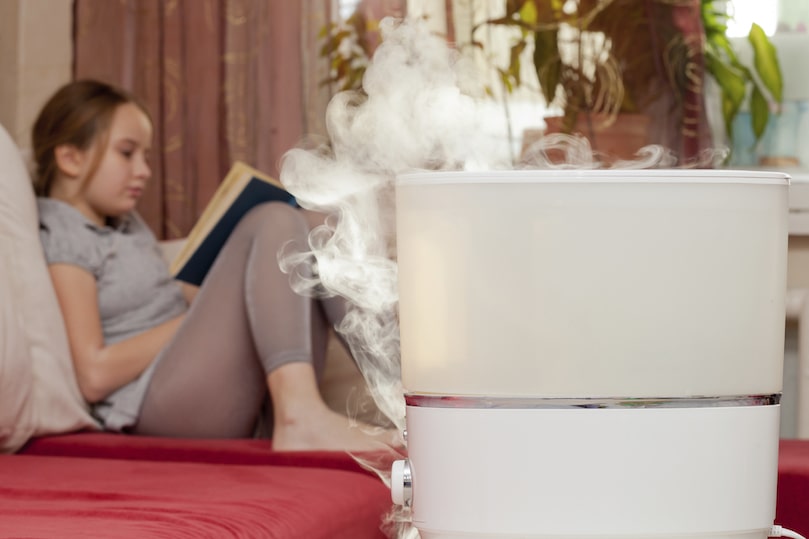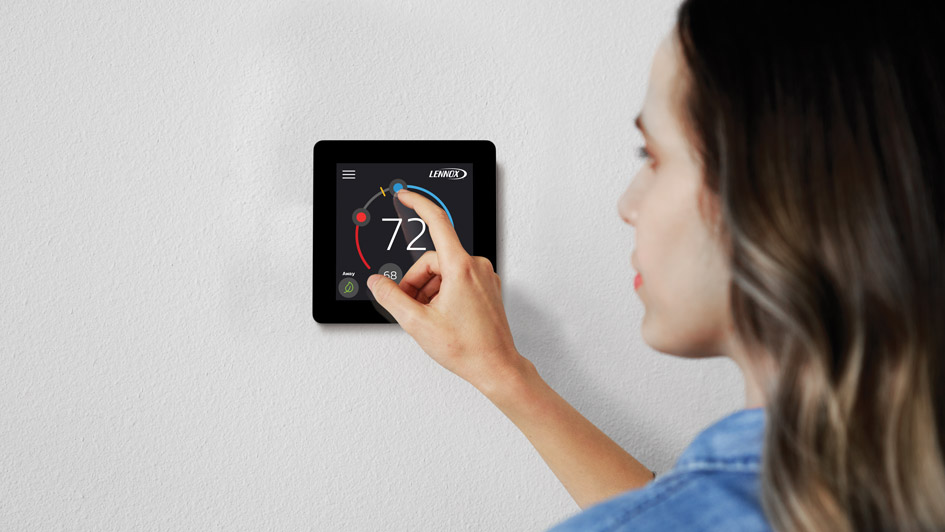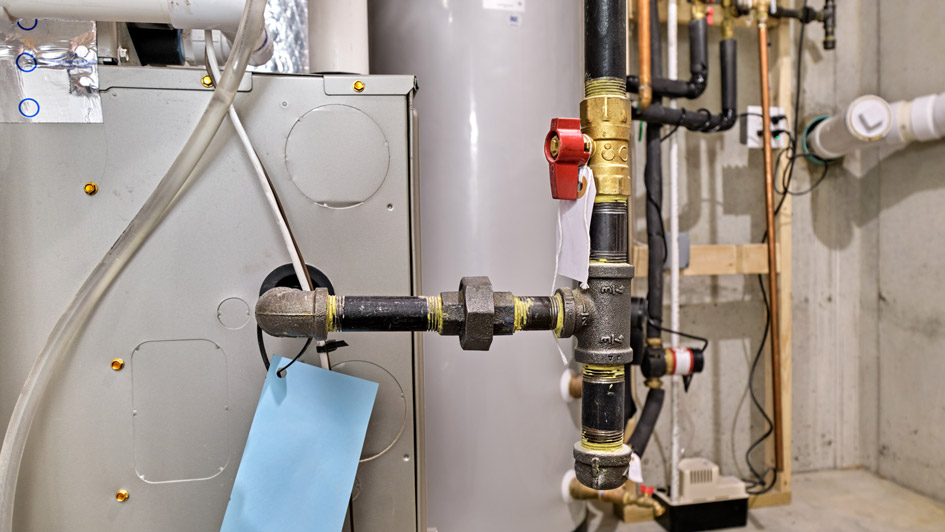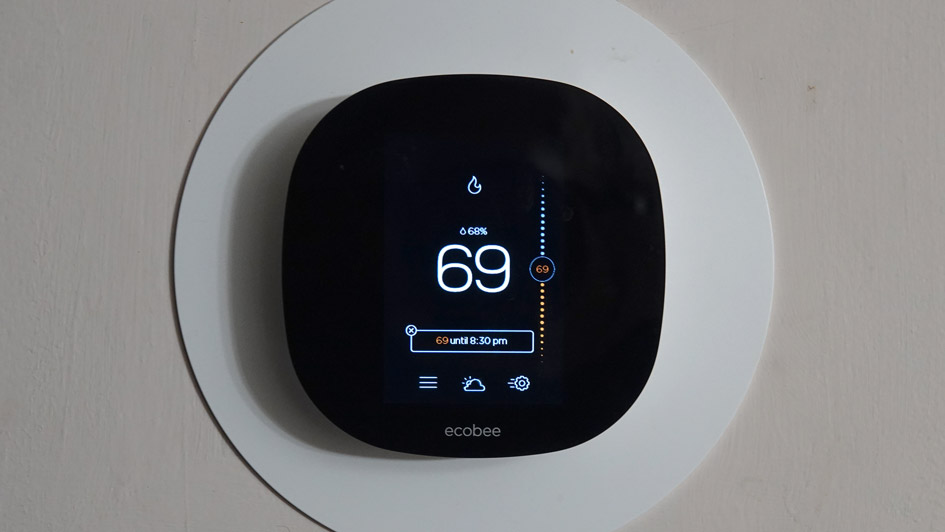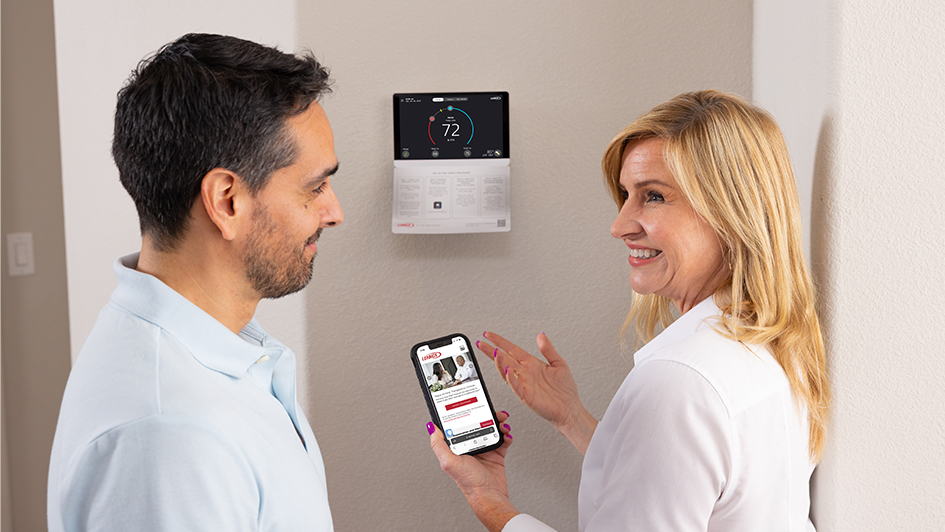Blog
Mayeuxs AC & Heating
650 Saint Charles Street
Norco, LA 70079
Phone: (985) 764-2426
Email: [email protected], [email protected],
Lic #: 23760
About Mayeuxs AC & Heating
At Mayeuxs AC & Heating, making your home comfortable is our top concern. That’s why we provide dependable HVAC units and quality work in Norco and St. Charles Parish. Our professionals are knowledgeable in a complete variety of services, so you can feel confident in your results. They’ll give the help you are looking for, whether it’s adding a modern HVAC system or repairing and maintaining your current system. We’re here to assist with all of your needs, so get in touch with us at (985) 764-2426 or contact us online to request an appointment right away.
© 2026 Mayeuxs AC & Heating | All rights reserved


